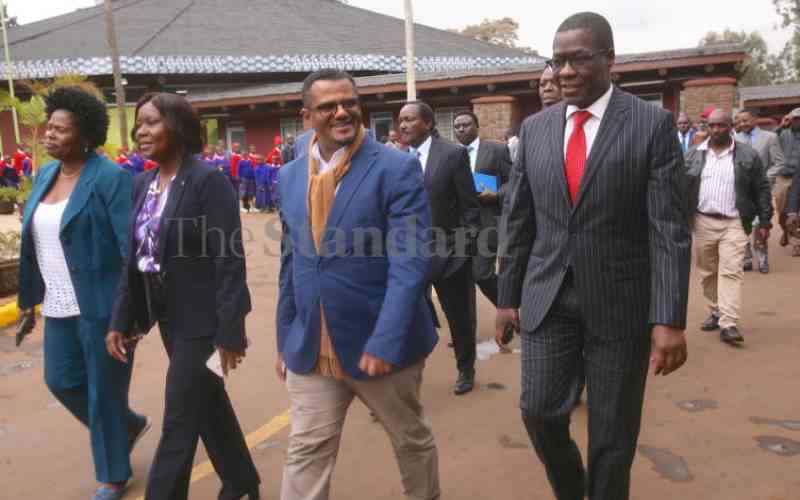×
The Standard e-Paper
Smart Minds Choose Us

Entrenchment in the Constitution of the offices of the leader of the official opposition and Prime Cabinet Secretary will be the first order of business when the National Dialogue Committee officially kicks off the talks next week.
Reconstitution of the Independent Electoral and Boundaries Commission (IEBC) will also be a prime feature of the talks.